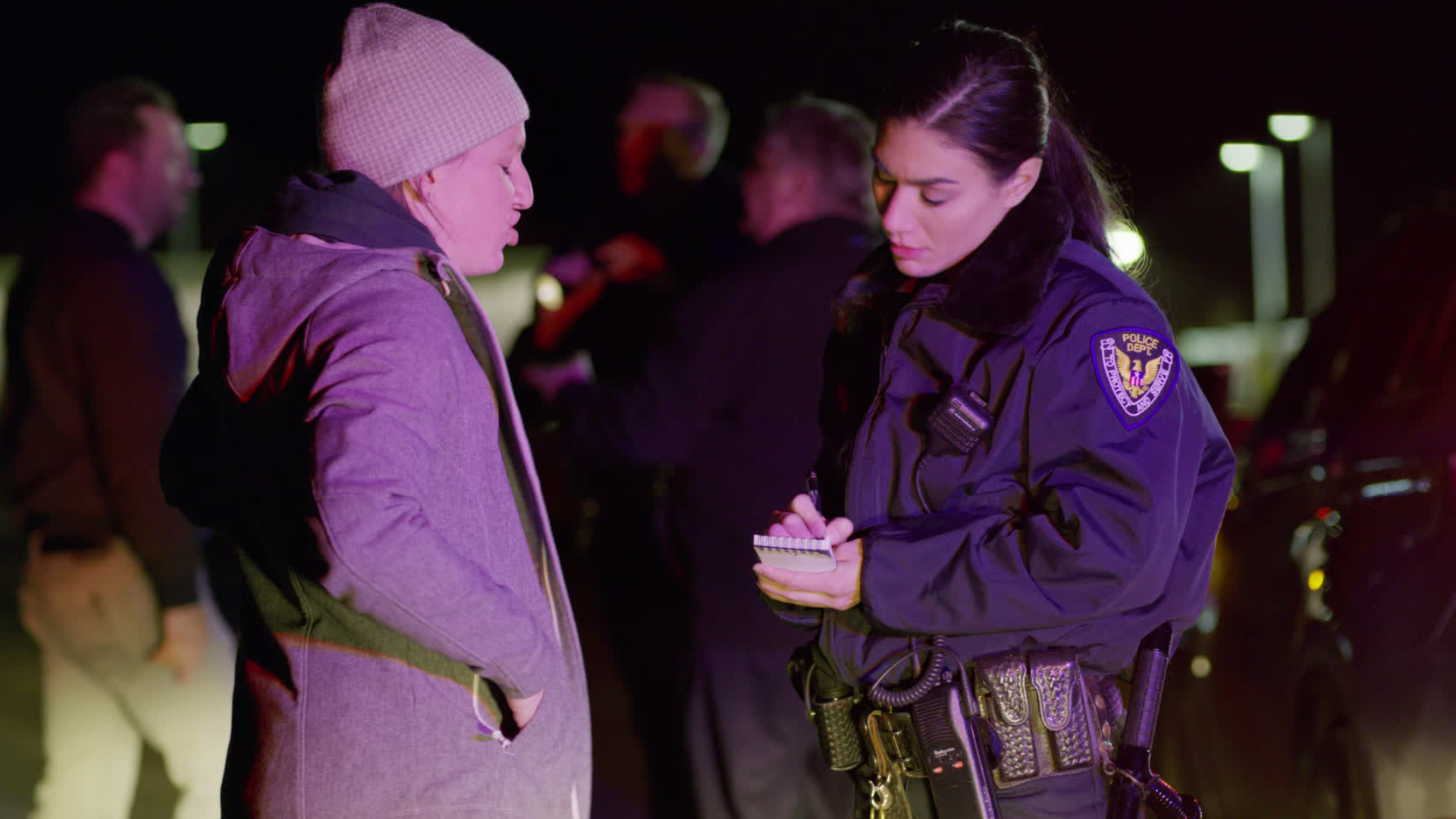Detectives & Criminal Investigators
Criminal Investigator, Detective, Investigator, Special Agent
 Select a military branch to see samples.
Select a military branch to see samples.
Airborne Intelligence, Surveillance and Reconnaissance (ISR) Operator; All Source Intelligence Analyst Apprentice; Cryptologic Analyst and Reporter Helper; Cyber Intelligence Helper; Explosive Ordnance Disposal Journeyman; Heavy Aircraft Integrated Avionics Craftsman, C4ISR Mission Systems (E-3, E-4, E-7, EC-130H, RC-135, VC-25); Human Intelligence Specialist Craftsman; Security Forces Craftsman, Combat Arms; Security Forces Journeyman, Military Working Dog Handler; Special Investigations Superintendent
Area Intelligence Technician; CID Special Agent; Combat Medic Specialist; Counter-Intelligence Technician; Human Intelligence Collection Technician; Intelligence Analyst; Military Police; Senior Military Police Sergeant; Signals Intelligence Analyst; Special Forces Weapons Sergeant
Criminal Investigator; Intelligence Specialist; Investigations; Investigator; Marine Investigations; Marine Safety Specialist Response; Maritime Enforcement Specialist; Maritime Law Enforcement Specialist
Counterintelligence/Human Intelligence (CI/HUMINT) Specialist; Criminal Investigation Officer; Criminal Investigator (CID) Agent; Explosive Ordnance Disposal (EOD) Technician; Forensic Psycho-Physiologist (Polygraph Examiner); Intelligence Specialist; Military Police; Military Police Investigator; Military Police Officer; Traffic Management and Collision Investigator
Advance Counterintelligence (CI) Collection Specialist; CWO - Intelligence; Defense Counterintelligence (CI) Agent; Explosive Ordnance Disposal (EOD) Technician; Intelligence Investigations Officer; Law Enforcement and Security Officer, Afloat; Law Enforcement and Security Officer, Staff; LDO - Security; Military Criminal Investigator; Naval Criminal Investigative Service Operations Specialist
Special Investigations; Special Investigations Craftsman; Special Investigations Helper; Special Investigations Journeyman
What they do:
Conduct investigations related to suspected violations of federal, state, or local laws to prevent or solve crimes.
On the job, you would:
- Check victims for signs of life, such as breathing and pulse.
- Obtain facts or statements from complainants, witnesses, and accused persons and record interviews, using recording device.
- Secure deceased body and obtain evidence from it, preventing bystanders from tampering with it prior to medical examiner's arrival.
Knowledge
Safety and Government
- law and government
- public safety and security
Arts and Humanities
- English language
Business
- customer service
- administrative services
Math and Science
- psychology
Skills
Basic Skills
- listening to others, not interrupting, and asking good questions
- talking to others
Problem Solving
- noticing a problem and figuring out the best way to solve it
Social
- understanding people's reactions
- changing what is done based on other people's actions
Abilities
Verbal
- listen and understand what people say
- communicate by speaking
Ideas and Logic
- make general rules or come up with answers from lots of detailed information
- notice when problems happen
Visual Understanding
- see hidden patterns
- quickly know what you are looking at
Attention
- do two or more things at the same time
Personality
People interested in this work like activities that include ideas, thinking, and figuring things out.
They do well at jobs that need:
- Initiative
- Perseverance
- Adaptability
- Stress Tolerance
- Self-Control
- Achievement Orientation
Technology
You might use software like this on the job:
Graphics or photo imaging software
- Adobe Photoshop
- Graphics software
Presentation software
- Microsoft PowerPoint
Data base user interface and query software
- Microsoft Access
- Structured query language SQL
Education
Education: (rated 3 of 5)
high school diploma/GED or
associate's degree
usually needed
associate's degree
usually needed
Job Outlook
Below Average
New job opportunities are less likely in the future.
Explore More
- First-Line Supervisors of Police & Detectives
- Intelligence Analysts
- Police & Sheriff's Patrol Officers
- Police Identification & Records Officers
- Private Detectives & Investigators
You might like a career in one of these industries:
See more details at O*NET OnLine about Detectives & Criminal Investigators.





